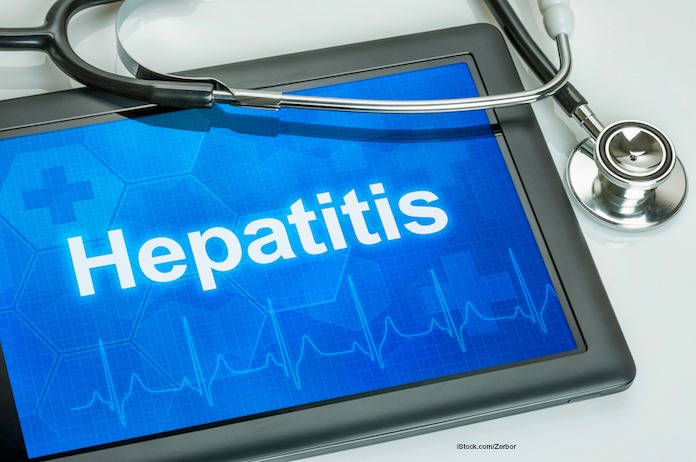The Hawaii state Department of Health says that another restaurant worker has been diagnosed with hepatitis A. That person worked at Ohana Seafood at Sam’s Club at 1000 Kamehameha Highway in Pearl City, Oahu from August 29 through September 11, 2016.

The hepatitis A outbreak that has been plaguing Hawaii for the last few months is not associated with this restaurant or any of the restaurants that have had a sick worker. The outbreak has been linked to scallops imported from the Philippines that were served raw at Genki Sushi restaurants. But anyone who ate at that restaurant during the time frame indicated may have been exposed to hepatitis A.
If you ate there after September 2, 2016, you can get a hepatitis A or immune globulin vaccination, which is only effective if given within two weeks of exposure. If you ate there before September 2, 2016, all you can do is monitor yourself for the symptoms of the illness.
The symptoms of hepatitis A include jaundice (yellowing of the skin and eyes), fatigue, weight loss, loss of appetite, dark urine, joint pain, fever, nausea, vomiting, diarrhea, and clay colored stools. If you do get sick, see your doctor.
There is no specific treatment for hepatitis A. The disease has to run its course. Most people get better on their own within a few weeks, but it may take months to fully recover. Anyone who has a chronic illness, has liver disease, or who is over age 65 is most likely to suffer complications from this disease.
As of September 14, 2016, there are 271 persons with hepatitis A in Hawaii. The illness onset dates are 6/12/16 to 9/4/16. All of the cases are adults. Sixty-eight of those sickened have been hospitalized because their illness is so serious. The outbreak was centered on Oahu, with most of those sickened residents of that Island. Ten people live on Hawaii, Kauai, or Maui, and four of those sickened were visitors who returned to the mainland.
Unfortunately, people with hepatitis A are most contagious two weeks before any symptoms appear, so they will go to work and school and prepare food for others before they even know they are sick. The virus is spread through the fecal-oral route. Most people catch it through person-to-person contact or through contamianted food and drink.
To prevent the spread of this illness, wash your hands thoroughly with soap and water after using the bathroom, after taking care of someone who is sick, and after changing diapers. Wash your hands well before preparing food or drink for others. And stay home from work or school if you are sick, especially if you have a diarrheal illness or the symptoms of hepatitis A.




